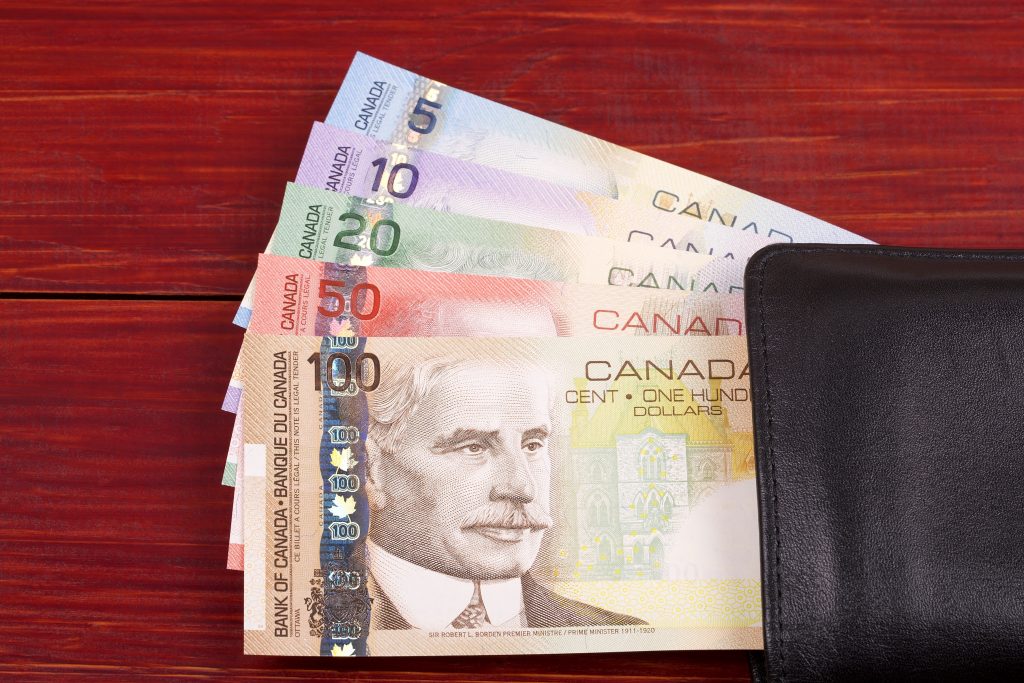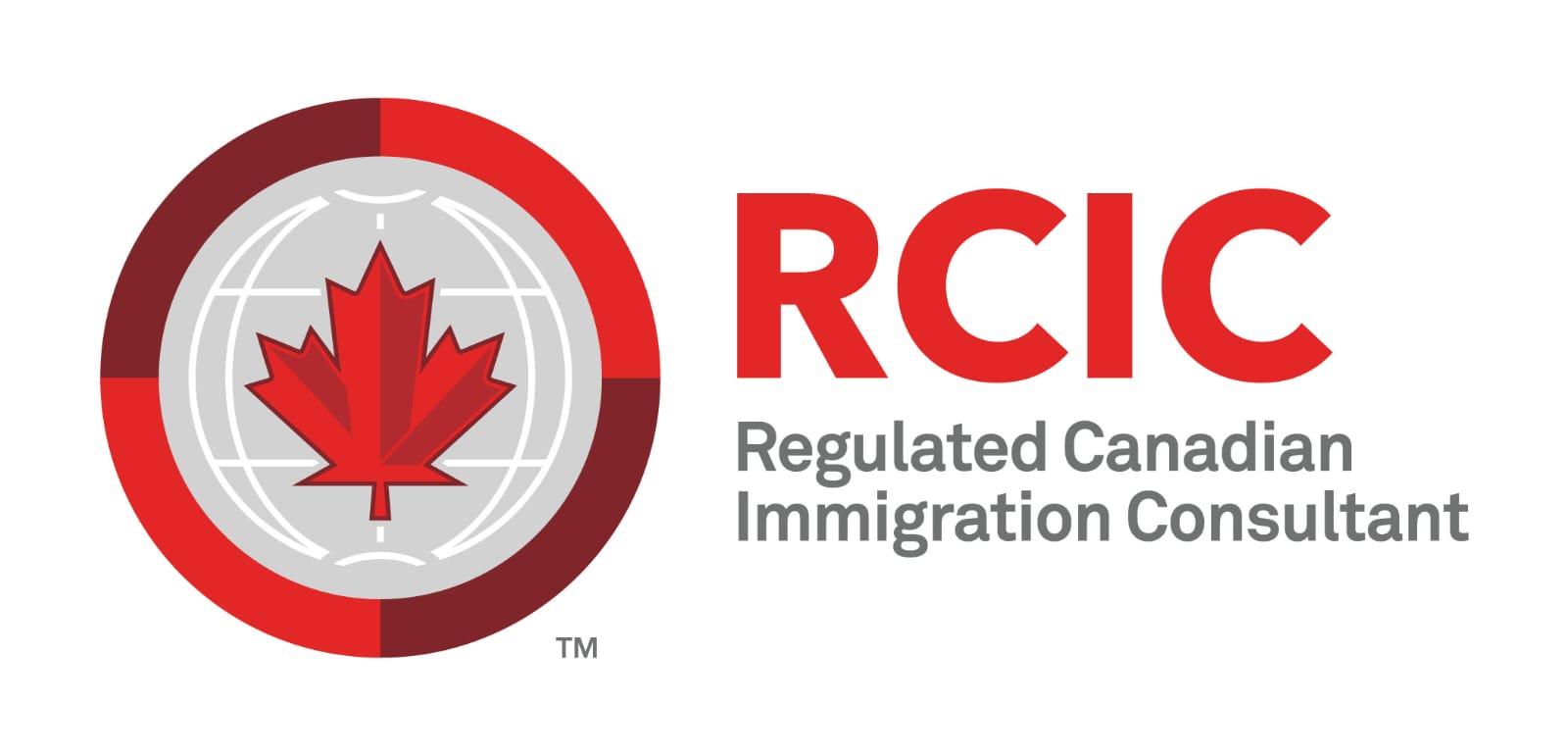Proof of funds – Skilled immigrants (Express Entry)
Immigration, Refugees and Citizenship Canada (IRCC) has made an update to the proof of funds required for Express Entry candidates. They updated the table that shows how much money you need to settle in Canada. We update these numbers every year, based on 50% of the low income cut-off totals. To stay eligible, you may need to update your settlement fund numbers in your Express Entry profile. The update must be done no later than April 25, 2023.
Updating your profile doesn’t change the date and time that we received it, so you’ll keep your rank if you’re in a tie-breaker situation.
Proof of funds is how you show us that you have enough money to settle in Canada. If we invite you to apply, you must give written proof that you have this money.
Who needs proof of funds
You need proof of funds to meet the minimum requirements of the
- Federal Skilled Worker Program
- Federal Skilled Trades Program
Who does not need proof of funds
You don’t need to show that you have enough money to support yourself and your family if
- you’re applying under the Canadian Experience Class or
- you’re authorized to work in Canada and you have a valid job offer, even if you apply under the Federal Skilled Worker Program or the Federal Skilled Trades Program
Keep your funds up to date in your profile. The system may find that you’re eligible for more than 1 program. You don’t always know ahead of time which program you’ll be invited under.
How much money you need
The amount of money you need to support your family is based the size of your family.
To calculate the size of your family include
- yourself
- your spouse or common-law partner
- your dependent children and
- your spouse or common-law partner’s dependent children
You must include your spouse or common-law partner and dependent children, even if they’re
- Canadian citizens or permanent residents
- not coming to Canada with you
This table shows the minimum amount you need to immigrate to Canada as of April 25, 2023. If you have more money, you should list the full amount in your profile or application.
| Number of family members |
Funds required (in Canadian dollars) |
|---|---|
| 1 | $13,757 |
| 2 | $17,127 |
| 3 | $21,055 |
| 4 | $25,564 |
| 5 | $28,994 |
| 6 | $32,700 |
| 7 | $36,407 |
| If more than 7 people, for each additional family member | $3,706 |
What we accept as proof
Your funds must be available to you both when.
- you apply
- we issue you a permanent resident visa (if we approve your application)
You must prove to us that you can legally access the money here when you arrive.
For example, this means
- you can’t use equity on real property as proof of settlement funds
- you can’t borrow this money from another person
You must be able to use this money to pay for your family’s costs of living (even if they aren’t coming with you).
- If your spouse is coming with you, you can count money you have together in a joint account.
- You may be able to count money in an account under your spouse’s name only, but you must prove you have access to the money.
For proof, you must get official letters from any banks or financial institutions where you have an account.
These letters must be printed on the financial institution’s letterhead and include
- the bank or institution’s contact information (address, telephone number and email address)
- your name
- your outstanding debts (such as credit card debts and loans)
- these details for each current banking and investment account you have with them
- account numbers
- date each account was opened
- current account balances
- average balance for the past 6 months
How much money you should bring
Research how much it costs to live in the place where you plan to settle in Canada.
Bring as much money as you can. This will make moving and finding a home in Canada easier. When you arrive in Canada, you have to tell the border officer if you’re bringing more than CAN$10,000 into Canada. If you don’t tell them, you may be fined, and your funds could be seized. This includes:
- cash
- documents that show property or capital payable to you, such as:
- stocks
- bonds
- debentures
- treasury bills
- documents that guarantee payment of a set amount of money, which are payable to you, such as:
- banker’s drafts
- cheques
- money orders
- travellers’ cheques








